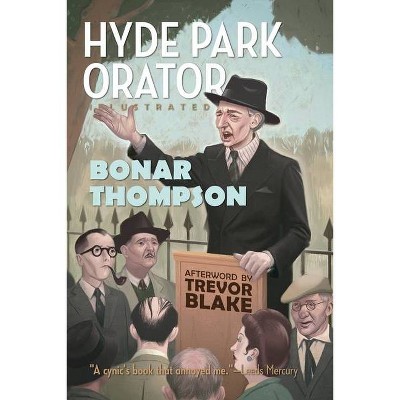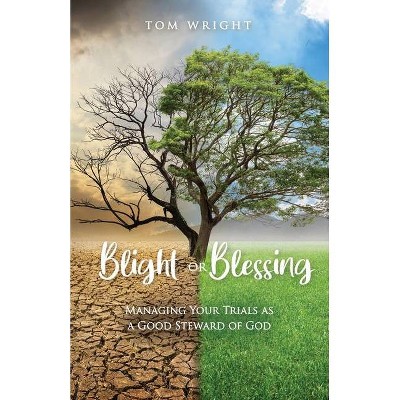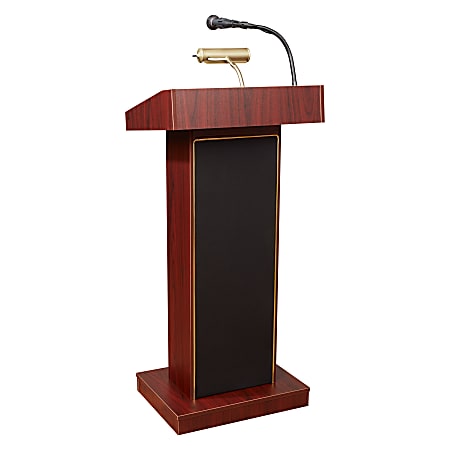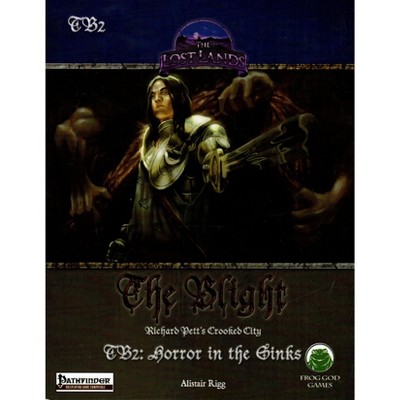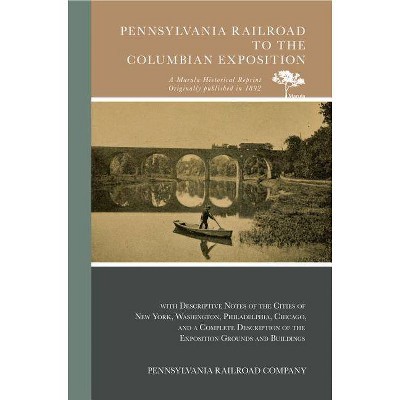The Columbian Orator - by David W Blight (Paperback)
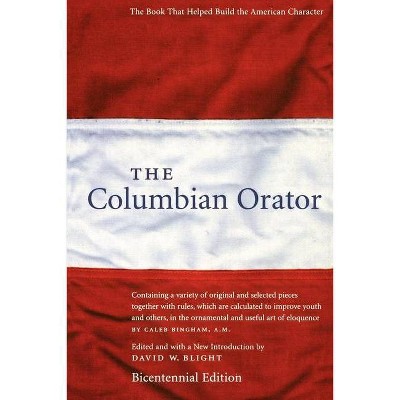
Similar Products
Products of same category from the store
AllProduct info
<p/><br></br><p><b> Book Synopsis </b></p></br></br>"The Columbian Orator was of profound importance to the shaping of the African American canon, through The Narrative of Frederick Douglass. David Blight has done historians and literary critics a profound service by so expertly editing this germinal text. A must read for scholars of American and African American studies." --Henry Louis Gates, Jr., Harvard University "Thousands of young readers in 19th century America learned about eloquence and liberty from the stirring speeches, plays, and poems in The Columbian Orator. When one reads it today--even better, reads it aloud- -its eloquence speaks to us all." --Sydney Nathans, Duke University "Frederick Douglass validated his manhood by giving Edward Covey, his surrogate slave master, a good whipping. What inspired his fists was not only manly rage, but liberating knowledge--knowledge gained in part from his reading of The Columbian Orator. I read it now and the words still inspire and inflame." --Ossie Davis First published in 1797, The Columbian Orator helped shape the American mind for the next half century, going through some 23 editions and totaling 200,000 copies in sales. The book was read by virtually every American schoolboy in the first half of the 19th century. As a slave youth, Frederick Douglass owned just one book, and read it frequently, referring to it as a "gem" and his "rich treasure." The Columbian Orator presents 84 selections, most of which are notable examples of oratory on such subjects as nationalism, religious faith, individual liberty, freedom, and slavery, including pieces by Washington, Franklin, Milton, Socrates, and Cicero, as well as heroic poetry and dramatic dialogues. Augmenting these is an essay on effective public speaking which influenced Abraham Lincoln as a young politician. As America experiences a resurgence of interest in the art of debating and oratory, The Columbian Orator--whether as historical artifact or contemporary guidebook--is one of those rare books to be valued for what it meant in its own time, and for how its ideas have endured. Above all, this book is a remarkable compilation of Enlightenment era thought and language that has stood the test of time. Professor of History and Black Studies at Amherst College, David W. Blight is the author of Fredrick Douglass' Civil War: Keeping Faith in Jubilee and editor of the Bedford Books editions of Narrative of the Life of Fredrick Douglass, An American Slave and W. E. B. DuBois's The Souls of Black Folk.<p/><br></br><p><b> Review Quotes </b></p></br></br><br>Frederick Douglass validated his manhood by giving Edward Covey, his surrogate slave master, a good whipping. What inspired his fists was not only manly rage, but liberating knowledgeknowledge gained in part from his reading of <b>The Columbian Orator</b>. I read it now and the words still inspire and inflame.--Ossie Davis<br><br>The <b>Columbian Orator</b> was of profound importance to the shaping of the African American canon, through The Narrative of Frederick Douglass. David Blight has done historians and literary critics a profound service by so expertly editing this germinal text. A must read for scholars of American and African American studies.--Henry Louis Gates, Jr., Harvard University<br><br>Thousands of young readers in 19th century America learned about eloquence and liberty from the stirring speeches, plays, and poems in <b>The Columbian Orator</b>. When one reads it todayeven better, reads it aloudits eloquence speaks to us all.--Sydney Nathans, Duke University<br>
Price History
Price Archive shows prices from various stores, lets you see history and find the cheapest. There is no actual sale on the website. For all support, inquiry and suggestion messages communication@pricearchive.us
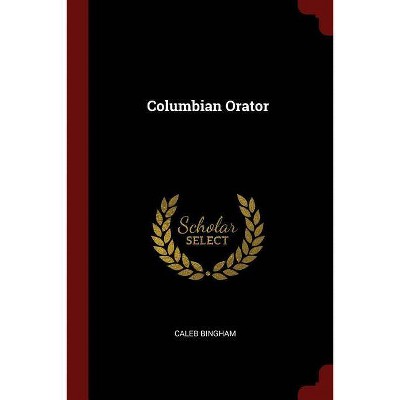
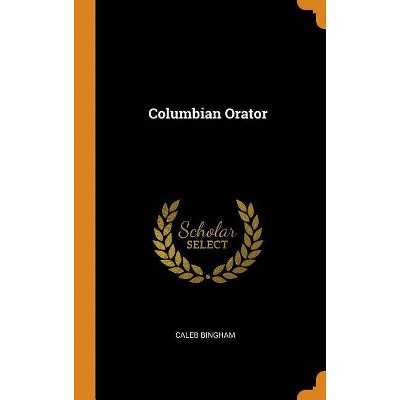
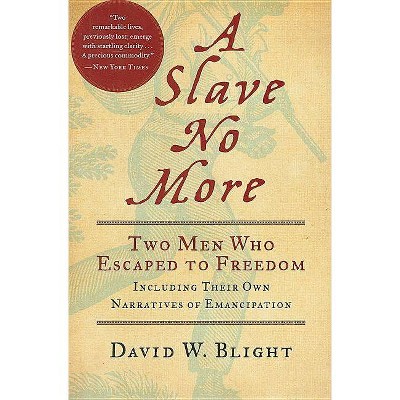
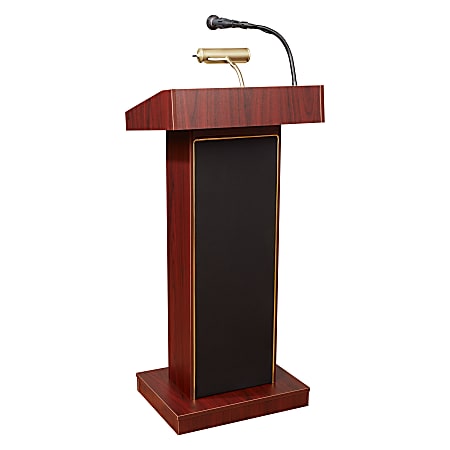
![Blight & Blossom [LP] - VINYL](https://pisces.bbystatic.com/image2/BestBuy_US/images/products/2327/23278015_so.jpg)
